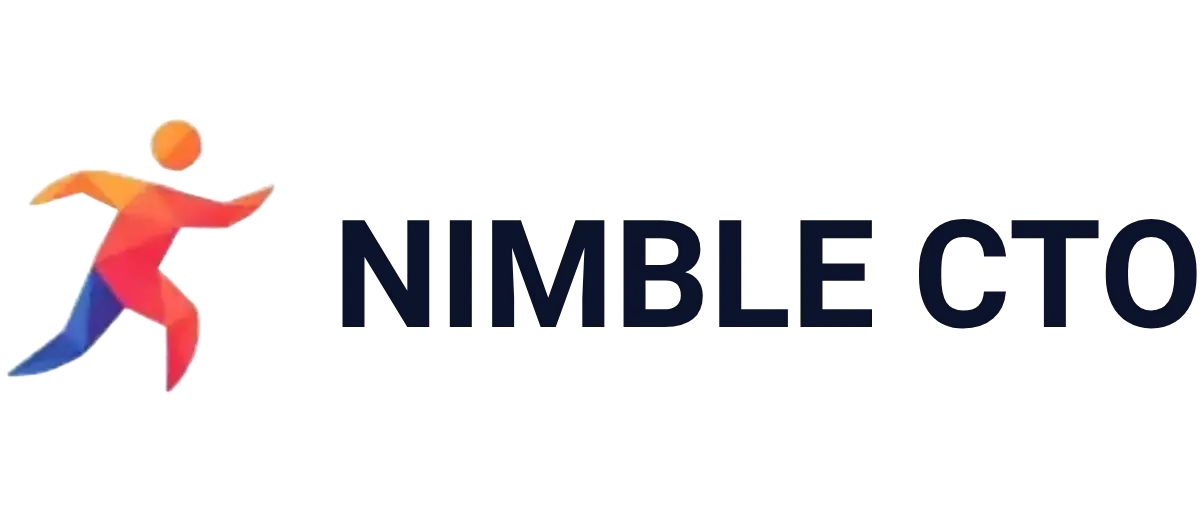Again from the interview trail, I find myself talking about the importance of Product Management – especially when talking with troubled businesses or companies struggling to scale beyond the $10M stage. Most of these companies believe they have technology challenges but I quickly realize that they suffer from under investing in real product management. I firmly believe that if product management is flowing through, unchecked, to technology then all types of bad behavior typically evolves. Product Management is one of the most important disciplines in a technology company, certainly a top priority for both startup and scale.
 I’ve seen quiet a few different implementations depending on company goals, size and corporate culture. Some worked really, really well but I suspect would fail miserably in different environments and different economic climates. Most startup technology companies fail to separate this discipline to create autonomy and fail to hire a senior, experienced leader that can guide difficult decisions. Perhaps the most disastrous that I’ve seen exist when folks are avoiding real product management behind the mantra of following an agile discipline – they are not mutually exclusive at all. In fact, I believe that agile engineering is highly dependent on real product management.
I’ve seen quiet a few different implementations depending on company goals, size and corporate culture. Some worked really, really well but I suspect would fail miserably in different environments and different economic climates. Most startup technology companies fail to separate this discipline to create autonomy and fail to hire a senior, experienced leader that can guide difficult decisions. Perhaps the most disastrous that I’ve seen exist when folks are avoiding real product management behind the mantra of following an agile discipline – they are not mutually exclusive at all. In fact, I believe that agile engineering is highly dependent on real product management.
One of the best was at Third Screen Media, after being acquired by Advertising.com (AOL/Time Warner). The model was really based on a role better described as focused on business operations rather than classic product management. Oh sure, we did many of the low level product management tasks. We listened to customers, CEO, founders, marketing, sales, services and engineering. We built feature trackers, road maps, requirement documents, etc… But the prioritizing context for many product management deliverables was primarily OIBDA (Operating Income Before Depreciation and Amortization). We held product management responsible for regular operation’s financial performance, specifically profitability in continuing business activities. In other words, Product Management was the company’s arbitrator of all fantastic, must have ideas, visionary and advanced technology marvels – but, we needed to understand how each would earn us profits.
Several unique and valuable results emerged from this model. First, continuous feature tracking and road map work was essential to documenting that we were listening, thinking and deciding. Not just favoring the squeaky wheel, five hundred pound gorilla or chasing the deal. This helped us keep track of tons of great ideas, interests and helped us understand opportunity cost and risk. By maintaining a context, we could quickly sort new ideas into our thinking and almost immediately reflect back a position. The discipline was instrumental in keeping existing customers happy because we became consistent, stable and reliable. Customers and partners appreciated the discipline because they could make important business decisions based on reliable information rather than waiting for vapor to materialize – even in the cases that they were not going to get what they wanted, when they wanted it.
But that was just professional Product Management done well. Our guys were really managing business profitability – because most products don’t make money by themselves. You have to sell products, maintain products, release enhancements, supply services, operate infrastructure, patch bugs, etc… So, in the end, did we make money? Did we build the right features? Does it work well? How many customers use it? Do they use it the way we designed it to be used? Do we invest more to enhancing it, and if so, how much, when? What were the goals? And maybe just as important should we kill something and stop investing?
And while some may think that this feels like big company stuff, it wasn’t – we were still a relatively small operating unit at AOL, similar to a venture backed startup. I’ll even argue that this discipline in a young firm will starve off one of the classic startup failings – lack of focus. In other words, if you can’t describe, quantify and measure in the marketplace then you’re not ready to invest in the feature.
Big surprise – if you’re building a profitable technology product company then you’ll need to invest heavily in product management. It is crucial to a focused agile technology discipline.


No responses yet